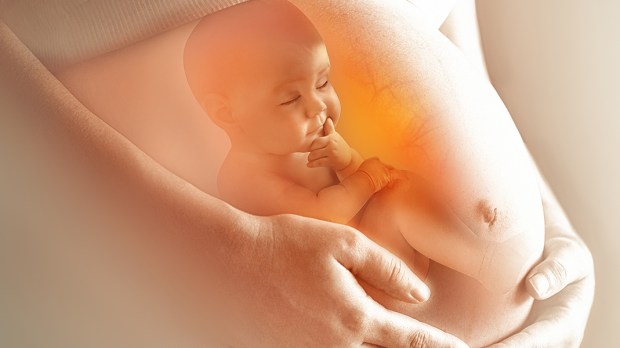The South American nation of Peru has just passed a bill that will amend the constitution to enact greater protections for the unborn. The new legislation recognizes that human life begins at conception and ensures the same rights to the developing unborn as they are afforded from the day of their birth.
According to CWR, the amendment breezed through the Peruvian Congress at a vote of 72-26 with 6 abstentions. Its passage has secured a constitutional right to life in Peru that guarantees the right to development while in utero. As it stands, the only exception that would allow an abortion to take place in Peru is if the life of the mother and child is in danger. Of course, according to the principle of double effect, many times these situations do not involve an abortion.
Officially on the books as Law 785 – or “Law that Recognizes Rights of the Conceived” – it will treat an unborn baby as though he/she is no different than any other person. Through recognition of “distinct genetic identity,” the law identifies the child as a separate entity from the mother from conception. Furthermore, it recognizes and protects “rights to life, health, moral, mental and physical integrity, identity, free development, well-being, and other rights that benefit the unborn human being.”
Law 785 even goes so far as to amend previous legal wording, which subjected all human beings in Peru to its laws from birth. Now all human beings in Peru are subject to its laws from conception.
With this amendment, especially in the wording that extends human rights to the unborn, Peru has solidified its prohibition on abortion. Peru is not the first nation to recognize human rights from conception. With this legislation the nation joins Chile, the Dominican Republic, Ecuador, El Salvador, Guatemala, Hungary, Honduras, Madagascar, the Philippines, and Slovakia.



